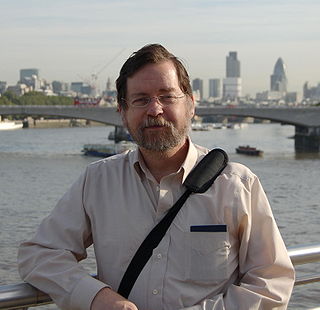A Quote by Diane Ackerman
... love is an act of sedition, a revolt against reason, an uprising in the body politic, a private mutiny.
Related Quotes
To revolt within society in order to make it a little better, to bring about certain reforms, is like the revolt of prisoners to improve their life within the prison walls; and such revolt is no revolt at all, it is just mutiny. Do you see the difference? Revolt within society is like the mutiny of prisoners who want better food, better treatment within the prison; but revolt born of understanding is an individual breaking away from society, and that is creative revolution.
When Arthur Schlesinger Sr. pioneered the 'presidential greatness poll' in 1948, the top five were Lincoln, Washington, Franklin D. Roosevelt, Woodrow Wilson, and Jefferson. Only Wilson appears to be seriously fading, probably because his support for the World War I-era Sedition Act now seems outrageous; in this analogy, Woodrow is like the Doors and the Sedition Act is Oliver Stone.
Society today is no longer in revolt against particular laws which it finds alien, unjust, and imposed, but against law as such, against the principle of law. And yet we must not regard this revolt as entirely negative. The energy that rejects many obsolete laws is an entirely positive impulse for renewal of life and law.







































